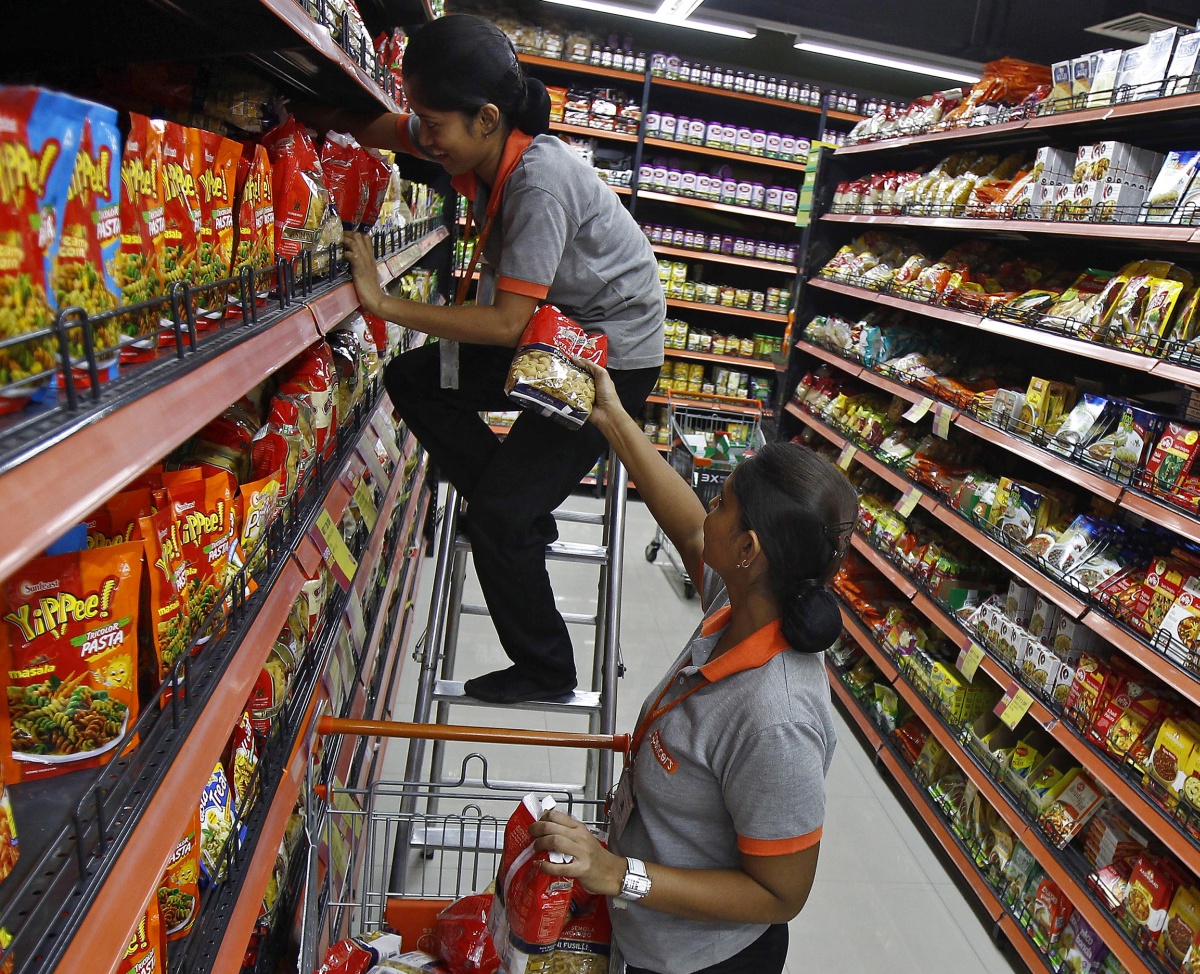India's manufacturing sector activities witnessed faster growth in April amid quicker increases in production as well as factory orders, and renewed expansion in international sales, a monthly survey said on Monday.

The seasonally adjusted S&P Global India Manufacturing Purchasing Managers' Index (PMI) rose from 54.0 in March to 54.7 in April, as a retreat of COVID-19 restrictions continued to support demand.
The April PMI data pointed to an improvement in overall operating conditions for the tenth straight month.
In PMI parlance, a print above 50 means expansion, while a score below 50 denotes contraction.
"The Indian manufacturing PMI remained well inside positive territory during April, recovering some of the ground lost in March.
"Factories continued to scale up production at an above-trend pace, with the ongoing increases in sales and input purchasing, suggesting that growth will be sustained in the near-term," said Pollyanna De Lima, Economics Associate Director at S&P Global.
April data showed a rebound in new export orders, following the first contraction for nine months in March.
The rate of increase was solid and the strongest since last July.
Inflationary pressures meanwhile intensified, owing to rising commodity prices, the Russia-Ukraine war and greater transportation costs. Input prices increased at the fastest pace in five months, while output charge inflation hit a 12-month high.
"A major insight from the latest results was an intensification of inflationary pressures, as energy price volatility, global shortages of inputs and the war in Ukraine pushed up purchasing costs."
"Companies responded to this by hiking their fees to the greatest extent in one year," Lima said.
Lima further added that this escalation of price pressures could dampen demand as firms continue to share additional cost burdens with their clients.
On the job front, the survey said there was only a mild increase in employment during April.
With capacity pressures among Indian manufacturers remaining negligible, shown by a marginal rise in backlogs, there was only a mild increase in employment during April, the survey said, adding that a vast majority of survey participants reported unchanged workforces from March's levels.
The April data pointed towards some improvement in business confidence.
However, the overall degree of optimism remained subdued by historical standards.
"Some firms foresee further improvements in demand and economic conditions, while others noted that the year-ahead outlook was difficult to predict," the survey said.











 © 2025
© 2025